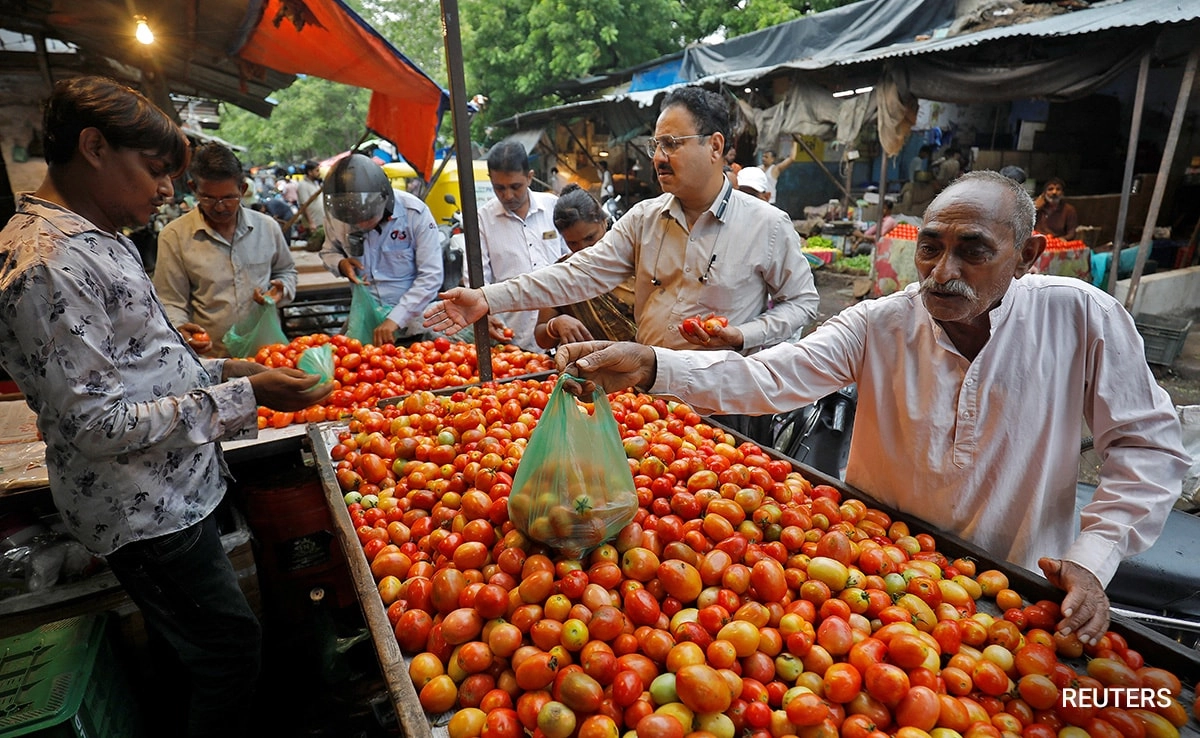In a remarkable collaboration between NASA and ISRO, the Shubhanshu Shukla Science Lab is currently conducting groundbreaking research in orbit, focusing on a diverse range of biological and environmental sciences. Among the various subjects of study are muscle cells, microalgae, and moong beans, each offering unique insights into cellular biology, biotechnology, and the potential for sustainable agricultural practices in space and on Earth. This innovative research aims to explore how these living organisms respond to the microgravity environment found in space, providing valuable data that could inform future missions and support life beyond our planet.
Muscle cells, or myocytes, are crucial for understanding human physiology and health. In the context of space exploration, studying how these cells adapt to microgravity can yield insights into muscle atrophy, a common issue faced by astronauts during extended missions. By examining the behavior and strength of muscle cells in a zero-gravity environment, researchers hope to develop countermeasures that can help maintain muscle health during long-duration space travel. This research not only has implications for space explorers but also contributes to our understanding of muscle degeneration on Earth, potentially leading to advancements in medical treatments for muscle-related conditions.
Microalgae, on the other hand, represent a fascinating area of study due to their potential as a sustainable resource for food and biofuels. In the unique setting of the Shubhanshu Shukla Science Lab, scientists are investigating how microalgae thrive in space, exploring their growth patterns and nutritional value in a microgravity environment. These tiny organisms are known for their rapid growth and ability to absorb carbon dioxide while producing oxygen, making them ideal candidates for closed-loop life support systems in future space habitats. By harnessing the capabilities of microalgae, researchers aim to develop innovative solutions for food production and waste management in space, which could ultimately benefit agricultural practices on Earth.
Furthermore, the lab’s research extends to the study of moong beans, a staple legume known for its high protein content and nutritional value. Investigating the growth of moong in orbit can provide insights into how plants adapt to challenging conditions, such as reduced gravity and varying light exposure. This research not only addresses the feasibility of growing food in space but also offers potential applications for enhancing crop resilience and productivity on Earth, especially in the face of climate change. By understanding the mechanisms that allow moong beans to thrive in microgravity, scientists can develop more robust agricultural practices that could ensure food security for a growing global population.
Overall, the Shubhanshu Shukla Science Lab stands as a testament to the power of international cooperation in advancing science and technology. By exploring the intersections of muscle biology, microalgae cultivation, and plant growth in space, this initiative not only aims to enhance our understanding of life in extreme conditions but also seeks to pave the way for sustainable practices that can benefit humanity both in space and on our home planet. The research conducted in this orbiting laboratory is poised to yield innovations that could transform our approach to health, food production, and environmental sustainability for generations to come.




